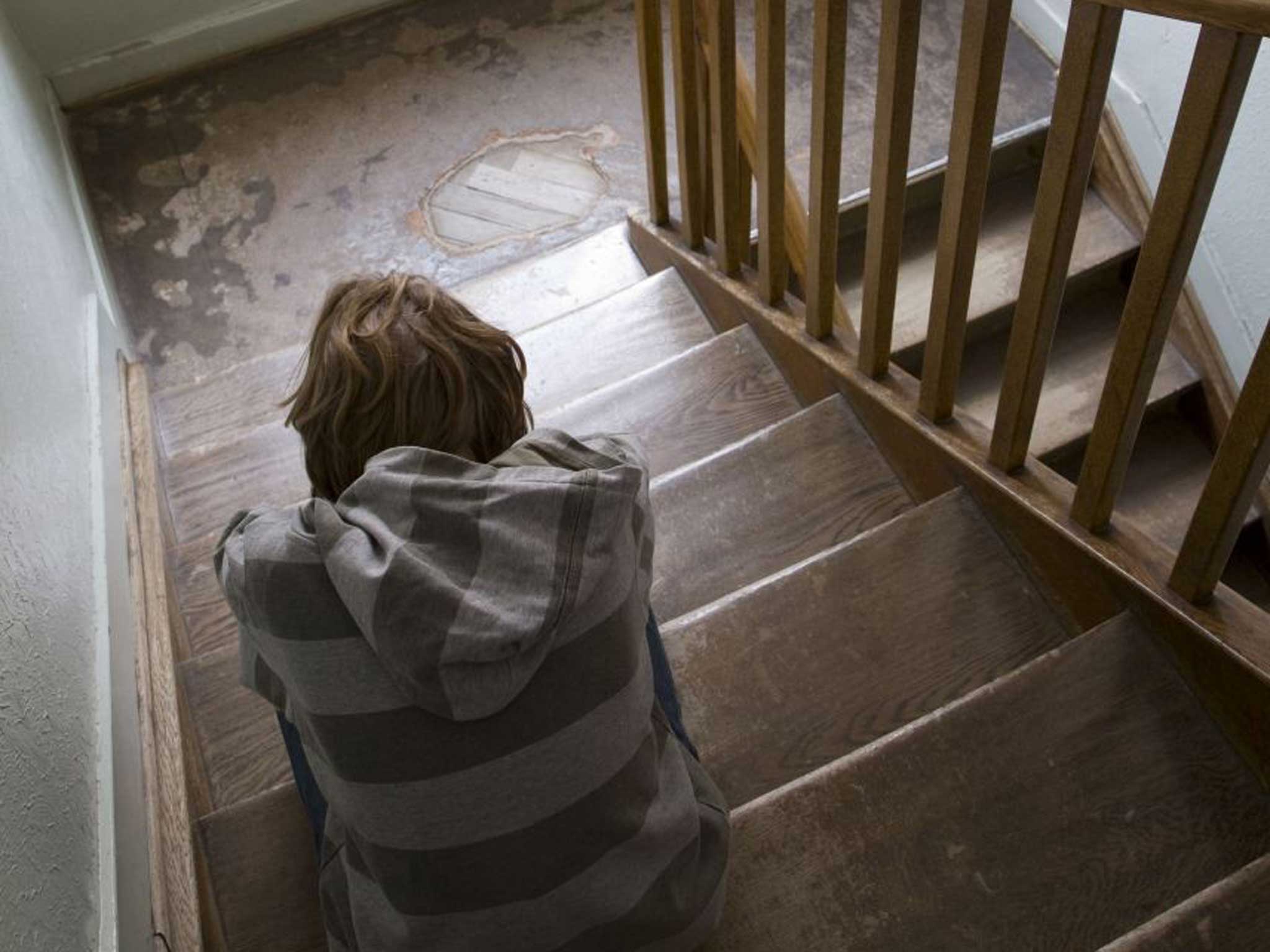Young people in care being 'criminalised’ as police receive unnecessarily high number of calls to children’s homes
Howard League for Penal Reform warns police forces are routinely being called to children’s homes to deal with minor issues — exposing youngsters to unnecessary interaction with police

Children in care are at risk of being criminalised as police forces are called out to children’s homes at an unnecessarily high rate, a report has found.
Research by the Howard League for Penal Reform shows officers are receiving a high number of call-outs from some children’s homes to deal with minor issues that should not be brought to their attention — exposing youngsters to unnecessary interaction with the police.
This contradicts the widely held belief that the best scenario for young people living in children’s homes is not to have any contact with the police at all — a strategy intended to prevent vulnerable children being criminalised.
The number of children in care reached a record high this year, with 90 young people entering the care system each day amid ongoing cuts to children’s centres and local family support services.
Children’s homes provide placements for boys and girls aged between 10 and 17 and include full residential care, educational facilities and healthcare provision, with a high level of intensive help offered to each young person.
According to the Department for Education (DfE), about 15 per cent of children in the care system will have spent some time in a residential setting. The number of children living in homes, hostels or secure accommodation at any one time is 6,360 – about 9 per cent of the total number looked after.
The Howard League found the high number of police call-outs were often due to serious shortcomings in care homes, with officers telling the charity of case where they kept children at the station rather than sending them back to homes they considered unsafe and uncaring.
Its report outlines a number of examples where forces have been called out to minor incidents, such as a child squirting a member of staff with water and another child pullilng down a curtain. One officer said that he felt that on occasion homes called the police to help them "tuck up" teenagers who refused to go to bed.
The charity said there was a “difficult balancing act” between breaking down barriers to improve relations between police and children and exposing youngsters to unnecessary interaction with the police which might contribute to a process of criminalisation.
Frances Crook, Chief Executive of the Howard League, said that while there has been a considerable reduction in child arrests across England and Wales in recent years, there is still "much work to do" to prevent children from being criminalised.
“Our research has found that children in residential care are being criminalised unnecessarily. Police, local authorities and children’s homes must work together to rise to this challenge," she said.
“The best scenario for a child living in a children’s home is not to have any contact with the police at all, just like any child living at a parental home.
"Ensuring that there is the least possible contact between police and children living in residential care would free up police time to deal with more important matters and prevent children having their life chances blighted by an unnecessary criminal record.”
The National Police Chiefs' Council (NPCC) said the high number of police callouts to children’s homes had been a concern "for some years" among police forces across the UK.
Lead for children and young People at the NPCC, Olivia Pinkney, continued: “The police are always there in cases of emergencies, but too often we are called for incidents which are not appropriate for the police to be involved with.
“All forces are looking at how they can work more closely with residential care homes and improving procedures to ensure that the police are not involved unnecessarily.”
Children and Families Minister Robert Goodwill said: “We know many children’s homes work with the local police force and the local authority to reduce unnecessary call-outs, whilst ensuring the safety and wellbeing of the young people in their care.
“The guidance is clear that no child living in a children’s home should be criminalised for behaviour that would not concern the police if it happened in a family home.”
Join our commenting forum
Join thought-provoking conversations, follow other Independent readers and see their replies
Comments